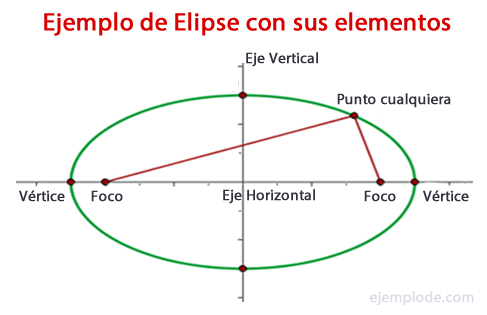Ramiro De Maeztu And Whitney
Biographies / / July 04, 2021
RAMIRO DE MAEZTU AND WHITNEY (1874-1936)
Another member of the generation of '98, he was not a novelist or a poet: all his activity was focused on journalism.
Son of a Basque father and an English mother, Maeztu was born in Vitoria in 1874. He lives his adolescence in Paris and from there he moves to Cuba, where he works with his father in a sugar mill. In 1898 he witnessed the defeat of the Spanish squad against the North American on that island.
Later with Azorín and Baroja he formed a kind of triumvirate (the "Triaca") and is considered one of the most authentic values of the generation of 98.
Of marked English training, on a racially Spanish background, Maeztu begins like all of his generation, making evident his displeasure with the Spain of his time. Mwinfluent by Nietzsche at the beginning and, at the same time, by the atmosphere breathed during his long stay in England, he dreams for ~~ his ~ homeland of him something similar to what he sees accomplished in the United Kingdom. This is how he understands "Europeanization", within a negative position that fully agrees with the postulates of 98. Over time, his thinking undergoes a resounding change and he figures the greatness of the country in fidelity to its traditions. "Patriotism and Catholicism are the only values that can save Spain."
He was an essayist of strong culture. He was preoccupied with political and social issues - he was a member of the conservative forces - and also literary issues. His concern for formal and stylistic values is almost nil. His language is dignified, solid, far removed from the emphasis or beautician affectation of many of his contemporaries.
Many of his articles, always full of fighting spirit, were later collected in books. The best known works sow. Towards another Spain; The Junción of art; The crisis of humanism; Defense of Hispanity; a triple essay: Don Quixote, Don Juan and La Celestina, etc.

